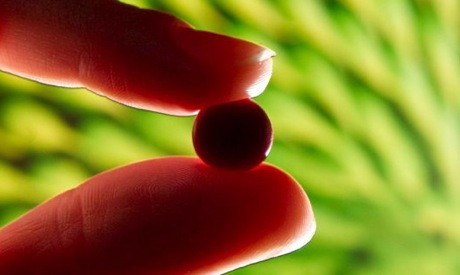Germany’s Catholic bishops have decided that Catholic hospitals should provide the “morning-after” pill to rape victims “as long as this has a prophylactic and not an abortive effect”.
But some Catholic doctors, who say the bishops relied on inaccurate medical information, question the assertion that this pill can function solely as a contraceptive.
The bishops came to their decision during a meeting of their episcopal conference just one month after two Catholic hospitals had been criticised for refusing to treat a victim of sexual assault.
Archbishop Robert Zollitsch of Freiburg, the president of the conference, said the Church would remain firmly opposed to the use of any drugs that cause abortions.
In Spain, Dr Justo Aznar said he would write to the German bishops “to give them some scientific light about this topic”.
“One could use the morning-after pill if we had the certainty that it was just a contraceptive, because in the case of rape that would be a positive thing,” said Dr Aznar, head of pathobiology at La Fe Hospital, Valencia.
But he said there is scientific evidence that the pill also has an anti-implantation effect and is therefore also abortifacient. “I would say that approximately in half of the cases it acts as a contraceptive and the other half it has an anti-implantation effect.”
Dr Simon Castellvi, president of the World Federation of Catholic Medical Associations, said that “the morning-after pill works as an anti-implantation product in 70 per cent of the cases where the woman is fertile”.
Dr Catherine Vierling, who studied medicine at the Universities of Paris and Strasbourg, said: “There is absolutely no such pill with a 100 per cent guarantee that it will not cause an abortion.”
But Dr John Haas, a bioethicist at the National Catholic Bioethics Center and a permanent member of the Pontifical Academy for Life, said the morning-after pill could be used ethically if it was first determined that the woman had not ovulated.
Once it was determined that ovulation had not taken place — and that pregnancy could not have occurred — the standard morning-after pill could be used for its contraceptive effects.
Sources:
Image: Spiegel Online
Additional readingNews category: World.




